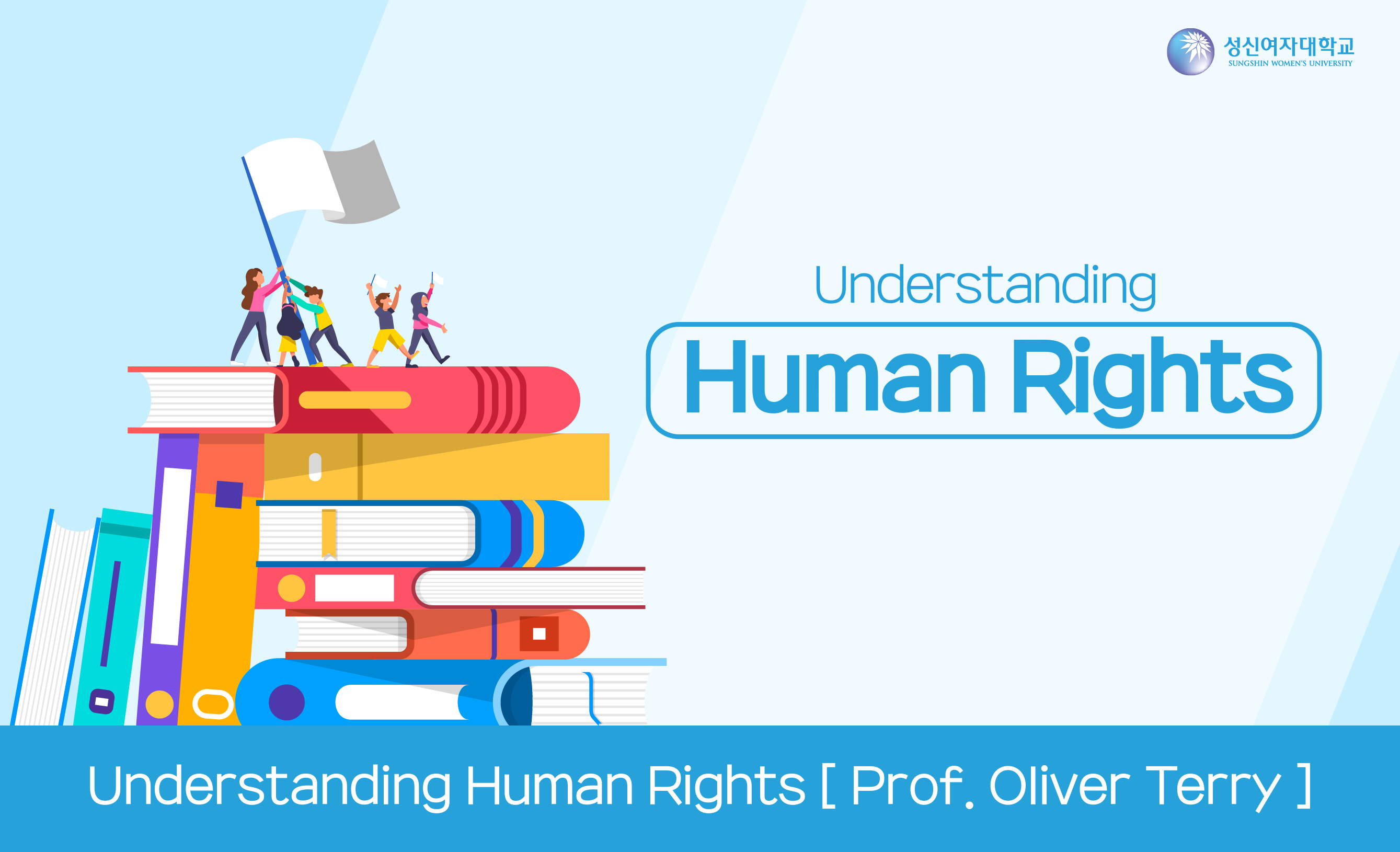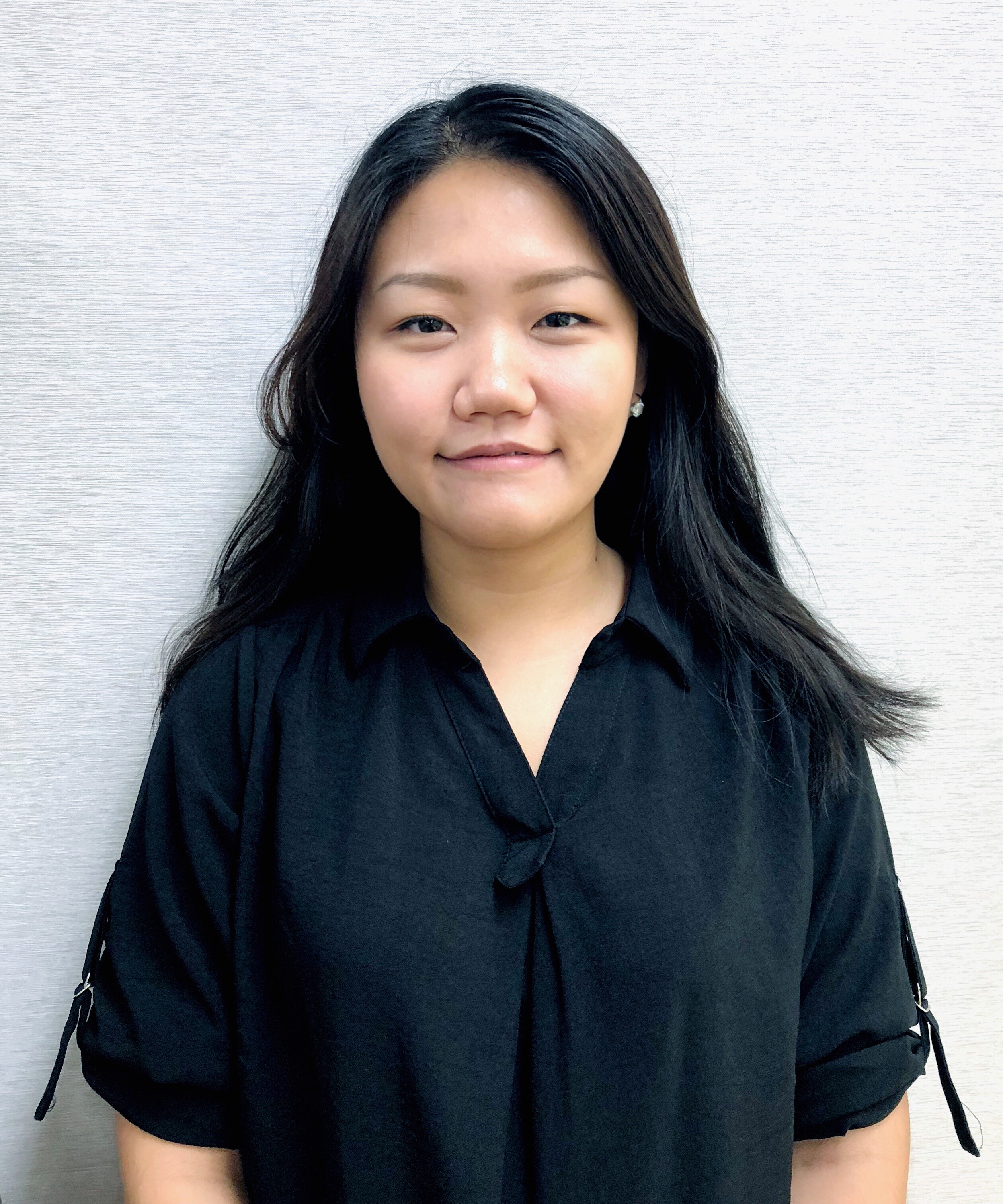| 0 |
Overview of the Course |
Intro to the course & overview of what’s to come |
Lecture video |
| 1 |
The Development of Human Rights |
- Fundamentals of human rights I: Definition of human rights
- Fundamentals of human rights II: Key values & aims
- Historical background of human rights
- Development of human rights I: Key documents
- Development of human rights II: Post-WWII universal human rights documents
|
Lecture video,
Quiz,
Short discussion
|
| 2 |
Generations of Human Rights |
- Generations of human rights: Intro
- Generations of Human Rights I: Civil and political rights
- Generations of Human Rights II: Economic, social and cultural rights
- Generations of Human Rights III: Solidarity rights
- A 4th generation of human rights?
- Challenges to generational rights
|
Lecture video,
Quiz,
Short discussion
|
| 3 |
Human Rights Violations |
- Human rights violations
- Human rights obligations & responsibilities
- Who violates human rights?
- National level human rights protective mechanisms
- International level human rights protective mechanisms & the role of the UN
|
Lecture video,
Quiz,
Short discussion
|
| 4 |
Prisoner Rights: US vs Norway Prisons |
- Intro & prisoner rights
- Case Study: Anders Breivik I – Background information
- Case Study: Anders Breivik II – Legal case & exploration of prison conditions
- Analysis of Norway’s cushy prisons
- Comparison of Norway’s cushy prisons & US harsh prisons
|
Lecture video,
Quiz,
Short discussion
|
| 5 |
A Fourth Generation of Human Rights for the 21st Century |
- Is a fourth generation of human rights needed?
- Terrorism and human rights: New challenges
- Case-study: The Apple vs. FBI case – Case info & its enduring legacy
- Internet/Communication Rights: The right to be forgotten
|
Lecture video,
Quiz,
Short discussion
|
| 6 |
Transitional justice |
- What is transitional justice?
- Where does transitional justice come from?
- Transitional justice objectives
- Transitional justice strategies
- Challenges for transitional justice
- Case study I: Oskar Groening
- Case study II: ‘Comfort women’
|
Lecture video,
Quiz,
Short discussion
|
| 7 |
Offline Workshop: Transitional justice case study evaluation |
| 8 |
Midterm Exam |
| 9 |
Women’s Rights &
The Gender Wage Gap
|
- History and development of women’s rights
- CEDAW
- Gender wage gap
- Focus on Iceland
|
Lecture video,
Quiz,
Short discussion
|
| 10 |
Displaced People I |
- Definition of displacement
- Types of displaced people & causes of displacement
- Definition of displaced people I: Refugees
- Definition of displaced people II: IDPs
- Definition of displaced people III: Asylum seekers
- Definition of displaced people IV: Migrants
- Definition of displaced people V: Stateless people
- The problematic nature of definitions of displaced people
|
Lecture video,
Quiz,
Short discussion
|
| 11 |
Displaced People II |
- Who helps displaced people? The role of the UNHCR I
- Problems & challenges
- The Syrian refugee crisis
- Trump’s travel ban
|
Lecture video,
Quiz,
Short discussion
|
| 12 |
Offline Workshop: Displaced people problem solving |
| 13 |
Case Study:
North Korean
Human Rights Issues
|
- North Korean human rights violations
- Attempts to deal with North Korean human rights abuses
- Human rights of North Koreans outside their homeland: China
- Human rights of North Koreans outside their homeland: South Korea
- Interview: The role NGOs play in helping North Korean refugees
|
Lecture video,
Quiz,
Short discussion
|
| 14 |
LGBTQ Rights |
- Definition of the LGBTQ community
- Evaluating the status of LGBTQ rights internationally
- Military issues I: South Korea
- Military issues II: The US
- Marriage equality
- Abuse and discrimination
- Why LGBTQ rights are underdeveloped?
|
Lecture video,
Quiz,
Short discussion
|
| 15 |
Final Exam |










